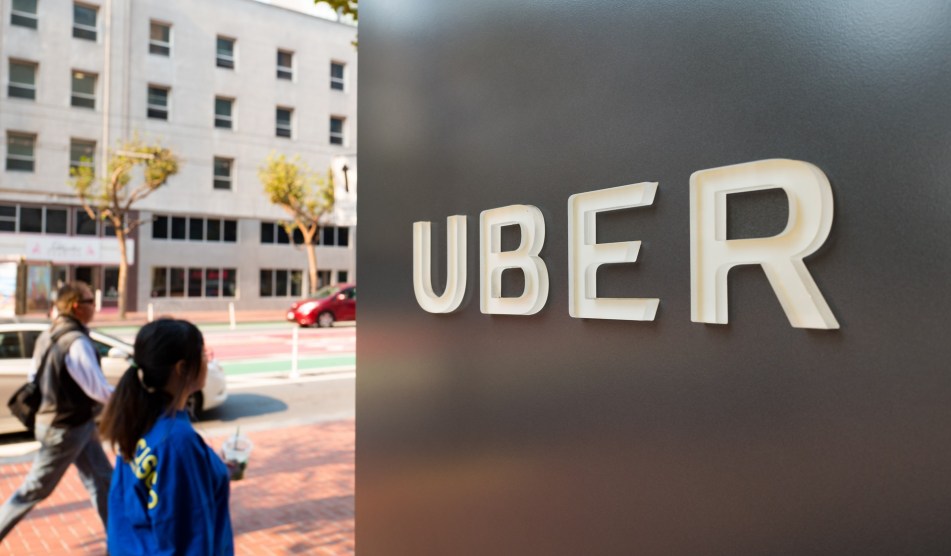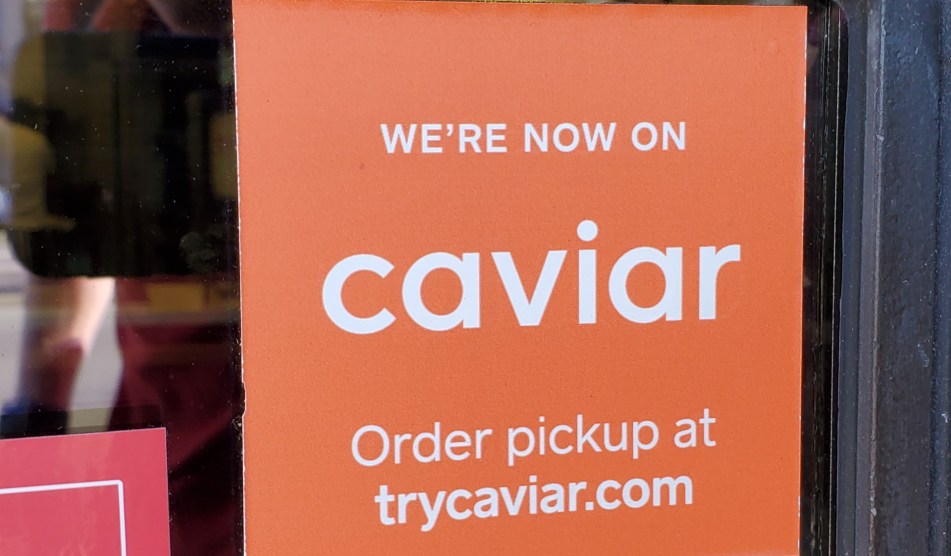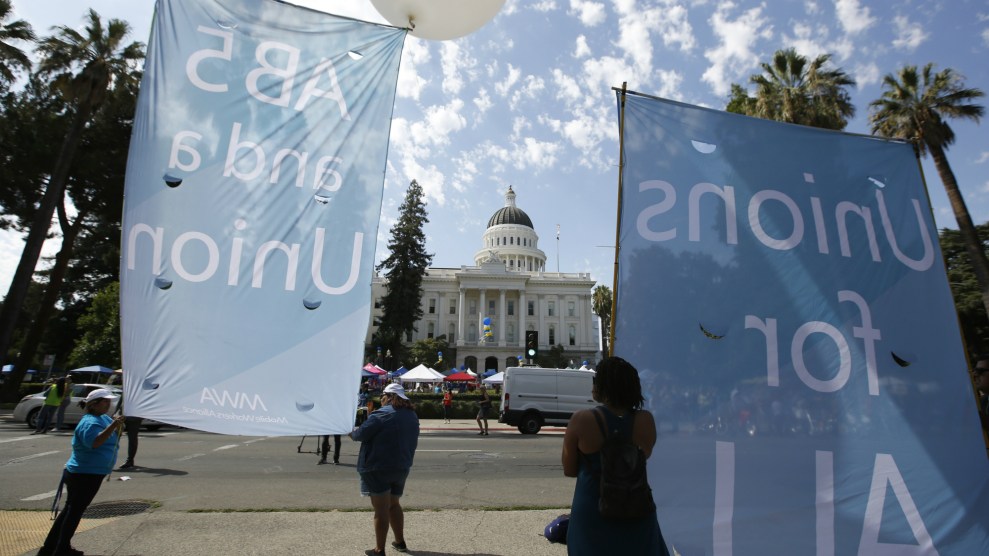
Smith Collection/Gado//Getty
California voters approved the most expensive ballot initiative in the state’s history, backed by Uber and Lyft, to undo labor protections for the drivers that fuel their services.
Here’s the background: In September 2019, California passed Assembly Bill 5, a law making it harder for tech companies like Uber and Lyft to treat workers as independent contractors and thus avoid giving them benefits tied to employment, like overtime and health insurance. “They call us independent contractors,” a driver explained to me in April. “They know that’s a lie.”
For workers like Cardell Calloway, who I wrote about earlier this year, AB 5 was a welcome change. Calloway, who delivered food on multiple apps, said he wasn’t able to afford a decent living driving for the apps before AB 5. He even had to live out of his car.
But after the passage of AB 5, gig companies fought the regulation in court and refused to treat workers as full employees. And they put together a ballot measure, Prop 22, to carve themselves out of the new law. Then they threw over $200 million into the campaign to pass it.
The newly approved Prop 22 sidesteps AB 5 by cementing a whole new model of employment for gig drivers. Uber has praised this as a “third way.” The National Employment Law Center said it will create a “permanent underclass of workers.”
The ballot measure will institute benefits like a minimum wage and a health stipend. But critics point out these pale in comparison to what employment would offer. The new “minimum wage,” under Prop 22, for example, could come out to as little as $5.64 an hour, one study estimated.











